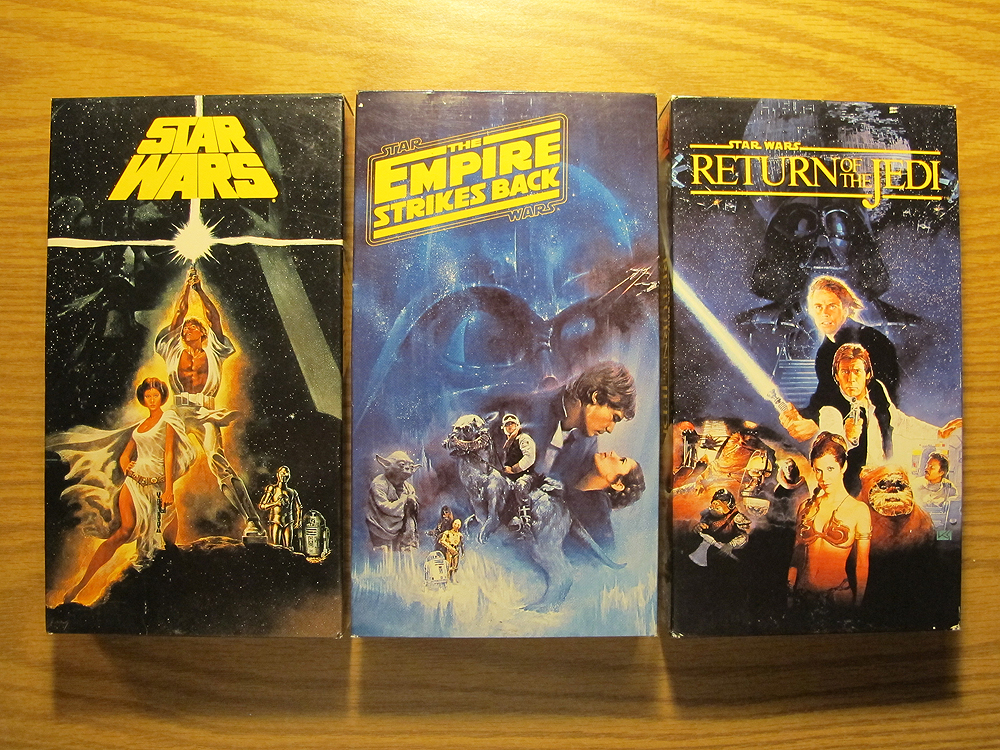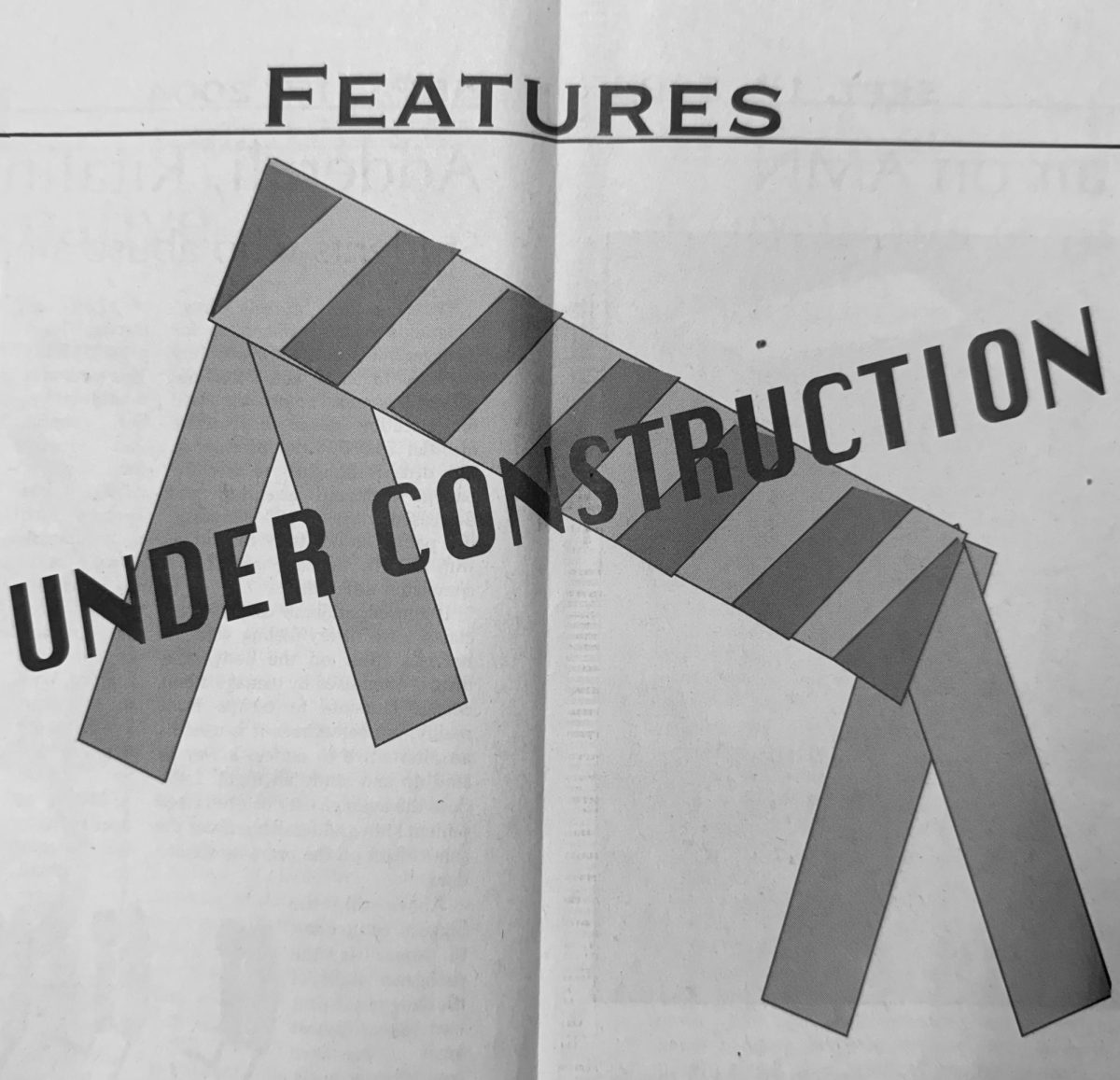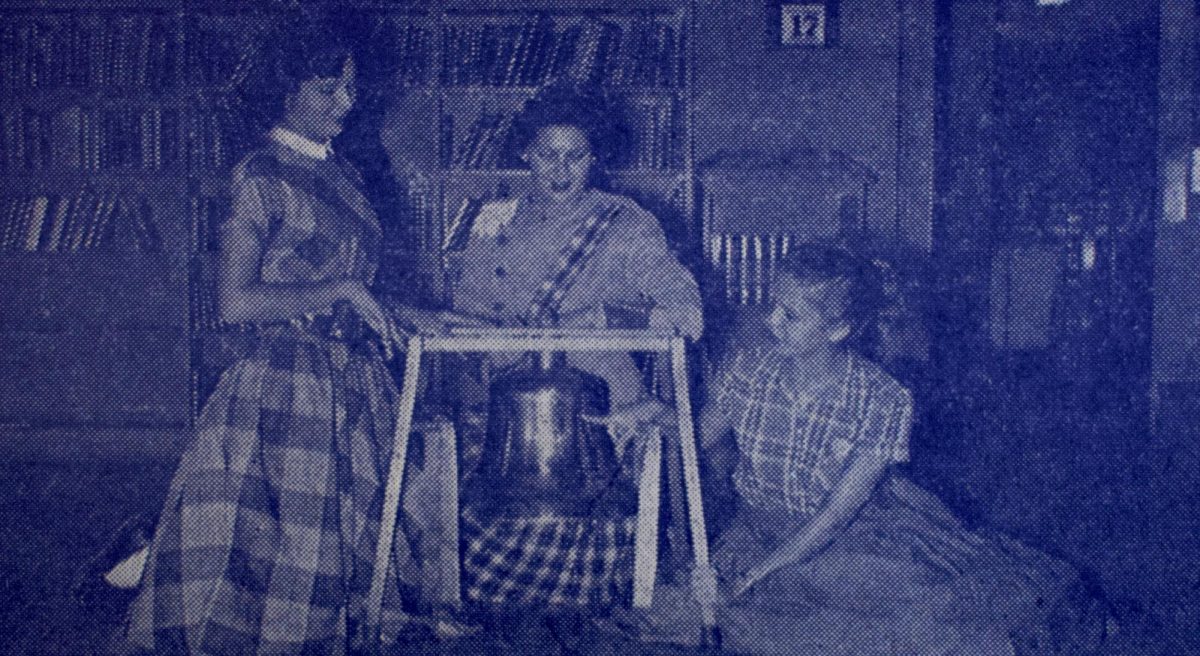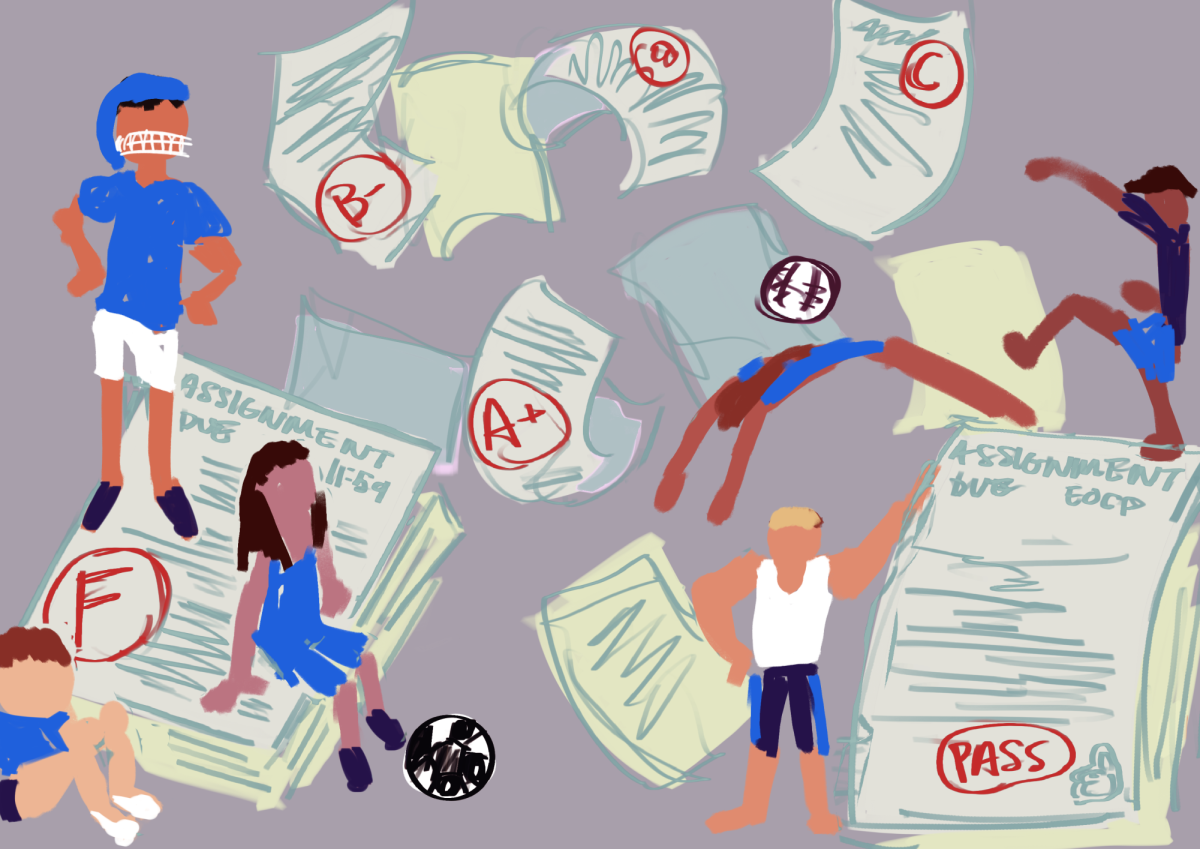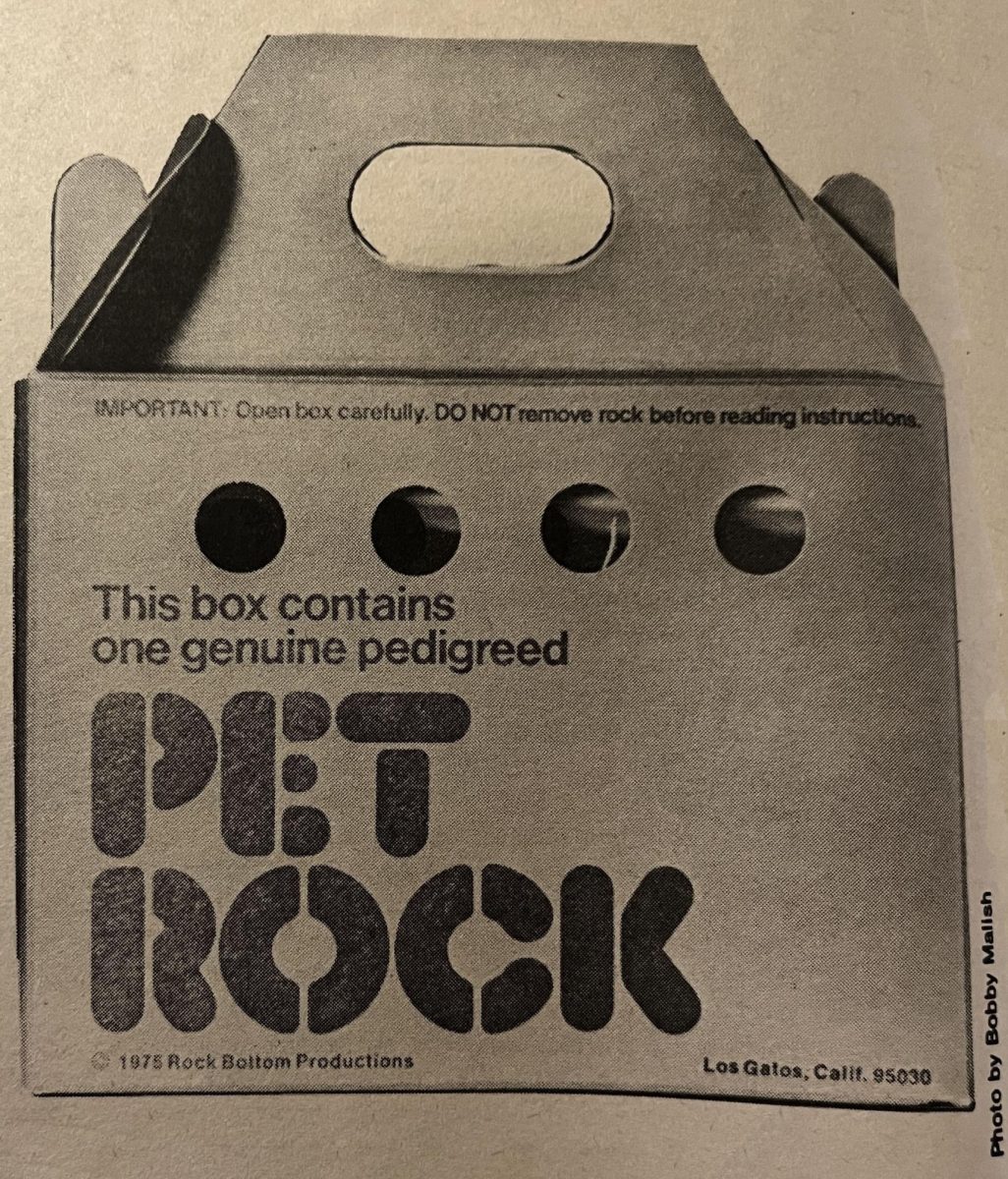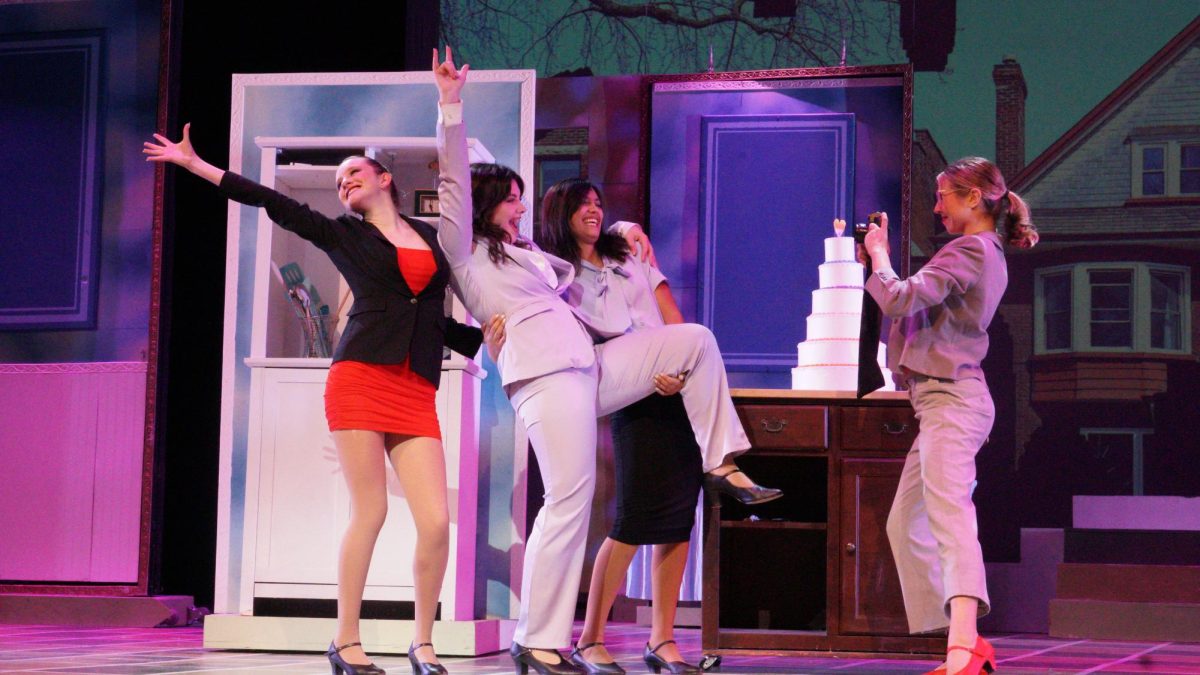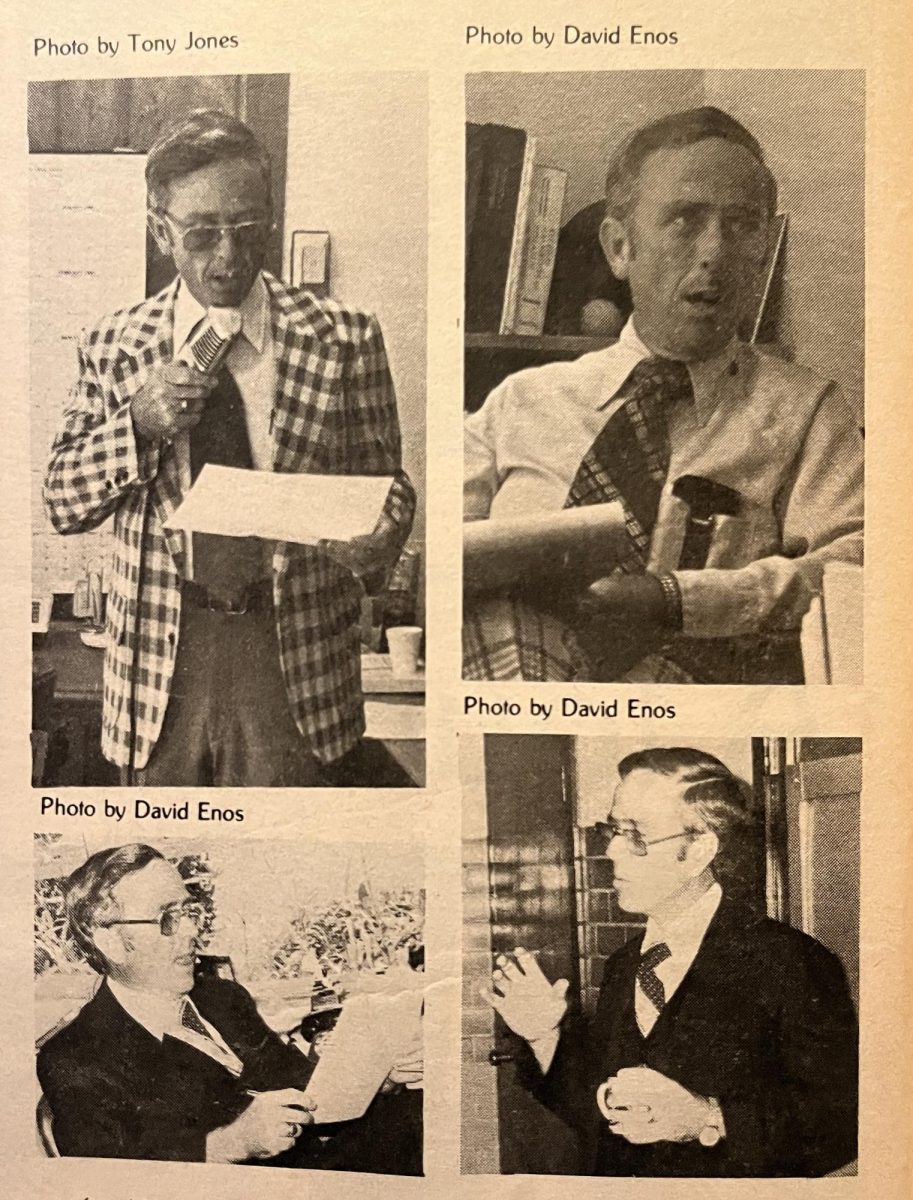Last Friday, the third chapter of the Star Wars trilogy, Return of the Jedi, hit the big screen. The movie’s predecessors, Star Wars and Empire Strikes Back, have enjoyed enormous success since heir respective debuts, packing theaters to the brim for several weeks. Opening nights are maddening. In order to get decent seats, one must get in line before the theater even opened, and get to the theater two hours ahead of their showing. And at showtime, the bodies of Darth Vader and Luke Skywalker-clad fanatics are practically stacked in full-to-the-brim theaters. And most would agree that it was a small price to pay to see the defining films of the generation.
The success of this trilogy is based on the nostalgic spirit. The three movies were released beginning in 1977. They became instant classics, weaving their way from the theaters through the homes of the people, and directly into their hearts and minds.
Not just premium sci-fi flicks with innovative and ambitious special effects and bizarre alien life forms, the movies achieved a masterful success in writing, bringing viewers into direct association and intimate friendship with a cast of odds and ends named Luke, Han, Leia, Chewbacca, “Old Ben,” Darth, R2-D2, and C3-pO.
The movies were so successful, they permeated American pop culture and our social identity. Today’s high school students were raised with the basic desire to become a Jedi Knight, blow up the Death Star, and overthrow the evil Empire.
And now, the big bad trilogy is back, featuring approximately five minutes of new footage spread out across the three films. Aside from a few more of George Lucas’ trademark special effects, the beloved six-hour tale of our childhood has been released in basically the same way it was back in ’77.
But what if they never had? What if Star Wars, Empire Strikes Back, and Return of the Jedi never graced the viewers of the 70s and 80s, but were released now? The scenario leaves one question begging: would they still be so successful? And more important than financial profit: would they still manage to take such a strong hold of the American viewer?
Questions fall like rain.
How would George Lucas, without the impressive reputation he built with just such blockbusters, manage to sell the movie to the modern viewer? I can’t even envision the ads on television. How would one compress the complex plot of the trilogy into something one could transmit into a 30 second commercial? Impossible. More importantly, how could ads ever express the real triumph of the films, the greatest plot ever created? The ads would simply be full of shoot-outs, explosions, and flashy grins from Harrison Ford. Where in all that can one find everything one could want in a movie?
Could a movie like that break the trends of using established actors to bolster attendance, to put out a film with a cast of virtual unknowns and still succeed? No slim, pesky comedians, blonds, or bulky tried-and-true Austrian musclemen are in this film. And supposing it did, would that just sink the movie down to the level of shoddy Hollywood money-makers?
What kind of place would they have in ’90s society? In modern America, cynicism reigns supreme. If every American did not have the desire to be a Jedi Knight, would not the mythology surrounding the “Force” seem a little bit hokey? Would this look like another cheap shot to cash in on the sci-fi gold mine pioneered by such recent films as Independence Day and Star Trek: First Contact? Would the tired roles of the pure hero tempted by the darkness, the financially-centered mercenary finding deeper spiritual meaning, and the dark villain at last finding his own goodness really pull so on the heartstrings of the viewers?
Many of these questions are hard to answer. The Star Wars trilogy set the standard for modern movie making, and originated the time-honored cliches we now have come to resent.
It’s a tough call. But there is something to be said for good filmmaking. Star Wars has the best plot yet conceived. The goodness and morality oozing out of every scene of these movies seem to transcend the low motives and poor quality Hollywood has fed us lately. Underneath the tough shell of cynicism, people still have a place in their hearts for virtue. A movie with features goodness in almost every character still has a place in society. Even Lando “Benedict-Arnold” Calrissian has genuine concern for the wellbeing of Han, Leia and the others. Darth Vader, blinded by the dark side of the force and kept in check by the emperor, finds that he loves his son anyway. And the emperor…well, the emperor is pretty much evil to the core. But you don’t even have to ask about the protagonists in this series.
The Star Wars trilogy is still among the greatest films ever made. They have achieved a timeless success, giving them relevance in this or any other day. And if my word isn’t enough, look to the new generation discovering this experience for the first time, and loving it.
This article was first published in The Shield on Mar. 21, 1997.


